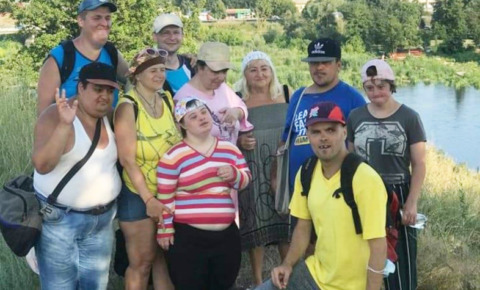
Support for the people with disabilities started: Support in Ukraine
- #Disability and Development
- #Emergency Support
- #Ukraine
22/08/2022
©AFP=時事
Area
603,700 square kilometers
Population
41.59 million (excluding Crimea) (2021: National Statistics Service of Ukraine)
Capital
Kyiv
Ethnicity
Ukrainian (77.8%), Russian (17.3%), Belarusian (0.6%), Moldovan, Crimean Tatar, Jewish, etc. (2001 Census)
Language
Ukrainian (national language), other Russian, etc.
Religion
Ukrainian Orthodox and Eastern Catholic. Other religions Roman Catholicism, Islam, Judaism, etc.
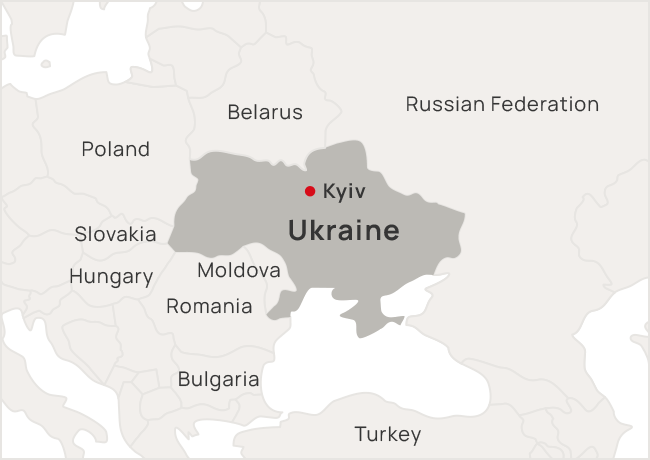
Due to the military invasion by Russian forces, about one-third of the population of Ukraine was forced to flee their homeland*1. More than half of them have been internally displaced, fleeing to relatively safe areas such as western Ukraine. Some elderly and disabled people remain in the country due to the difficulty of traveling long distances. In addition, approximately 8% of the country is contaminated by landmines and unexploded ordnance*2, which poses a major barrier to the return of refugees and internally displaced persons to their homeland after the war ends.
*1 https://reports.unocha.org/en/country/ukraine/ (As of July 2022)
*2 http://www.the-monitor.org/en-gb/reports/2021/landmine-monitor-2021.aspx (As of 2020)
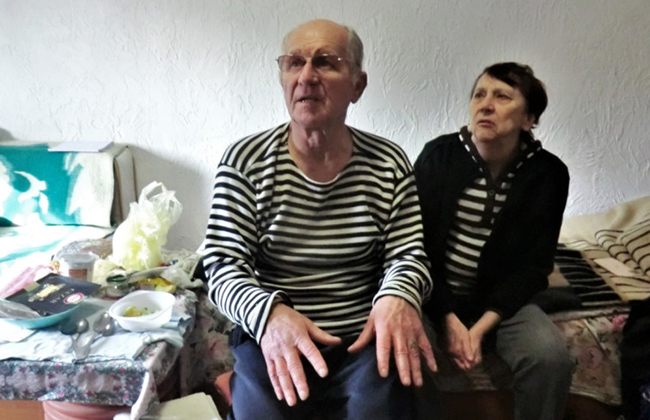
Russian missiles and drones continue to attack southern Ukraine. Some people have not been able to evacuate to safer areas and continue to remain in dangerous areas. AAR, in cooperation with local partner organizations, is providing food distribution and cash transfers to elderly and disabled families who continue to live in their homes.
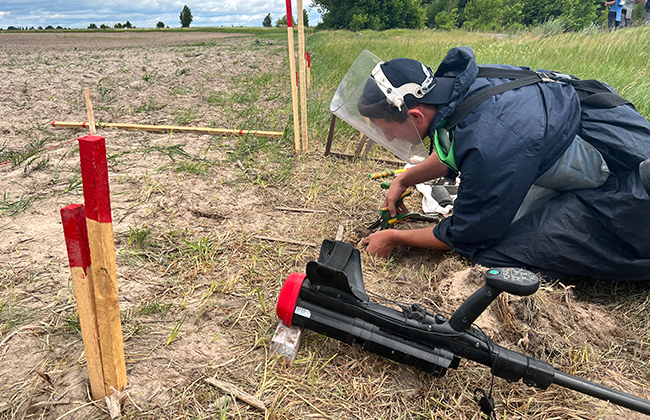 ©THE HALO TRUST
©THE HALO TRUST
There have been many reports of damage caused by landmines and unexploded ordnance in Ukraine from before. In addition, many citizens are now at risk because Russian troops have buried landmines along roads and in agricultural land as part of their military operations. AAR is working with an organization specializing in landmine clearance to cope with landmines and unexploded ordnance.
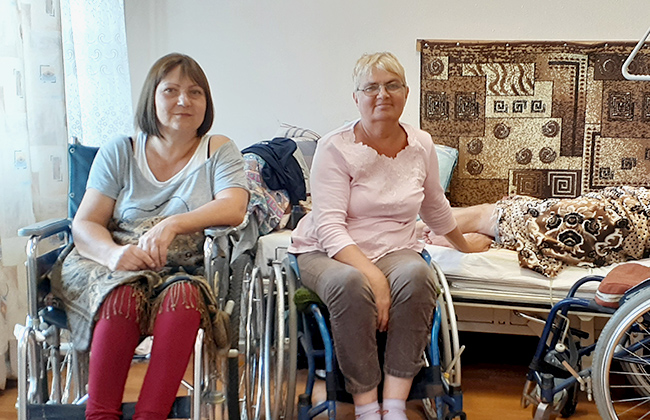
The most severely affected by the humanitarian crisis are people with disabilities and others who need social support ordinarily. AAR works with Ukrainian organizations of people with disabilities to provide assistance to those with disabilities who remain in the country.
2022 - 2023
Distribution of food and daily necessities
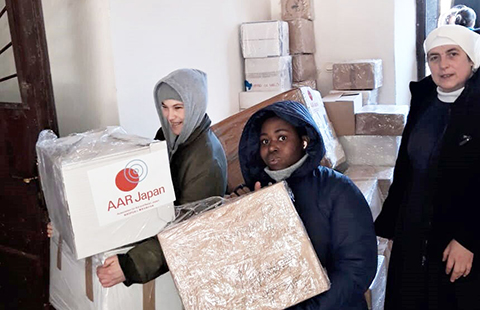
Working with a Polish convent, we transported food, medicine, hygiene items, children's clothing, etc. to Ukraine for distribution to people who had taken refuge in the convent or nearby.